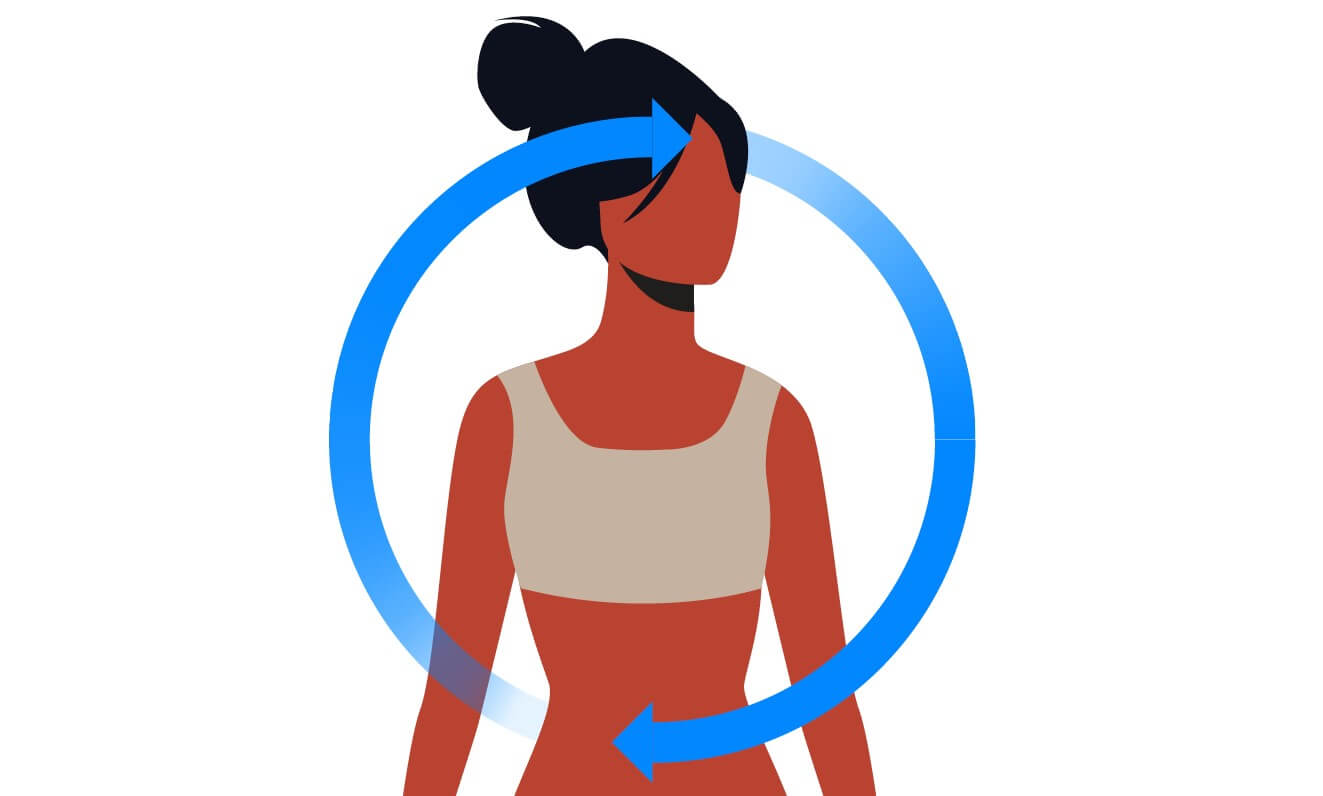
How Stress Affects Gut Health: 5 Tips for Gut and Brain Health

Last update: July 1, 2025
The human gut is an amazing entity. Our gastrointestinal (GI) tract is home to a vast network of nerves, neural transmitters, and thousands of different microflora that keep our bodies up and running. It’s so complex that scientists sometimes call it “the second brain.” It’s no surprise that stress and gut health are closely connected. Your gut can influence your moods just as much as your brain, too. Scientists are still learning how this incredibly complex system works. We do know, however, that because the brain and gut interplay with each other, changes in one can affect the other.
High levels of stress in your body can inhibit digestion, lower your immune system, and even lead to the breakdown of your intestinal lining. This can cause short-term problems like diarrhea, heartburn, gas, and stomach pains. It can also lead to more severe problems later on, like leaky gut syndrome or IBS. That’s why it’s essential to keep your stress levels under control if you want to improve your gut health.
As a center dedicated to improving cognitive health and performance, Aviv Clinics understands the importance of proper nutrition on brain health. Here’s what you need to know about stress and the brain-gut connection, along with our best tips for keeping your stress levels low and your gut bacteria content.
The Brain-Gut Connection: How Stress Affects the Digestive System
Scientists have barely scratched the surface in understanding how the brain and the gut communicate to affect our moods. But here’s what we do know. Our digestive tract is home to thousands of different species of microbes, all working together. This complex system works to break down the nutrients in our food, keep our immune system strong, and produce hormones that keep our bodies operational. And what you put into your gut can directly affect how you feel.
How Stress Impacts Your Digestive System
Serotonin, the happiness hormone, is actually produced in the gut. It’s created by breaking down the essential amino acid tryptophan and is sent to your brain via the vagus nerve. Tryptophan is found in many whole foods like fruits, vegetables, meats, dairy and seeds. It’s one of many ways that a healthy diet can help you stay happy.
But there’s another hormone your body produces that doesn’t always make you feel good: cortisol. When your body experiences stress or discomfort, your brain triggers the adrenal gland to release cortisol, the stress hormone. Excess levels of cortisol have been linked to everything from weight gain and gastrointestinal problems to a suppressed immune system and cardiovascular diseases.
We can’t always control stress, but we can take control of how we react to those stressors. Adopting healthy habits can help lower your cortisol levels naturally, helping you heal both your brain and your gut.
5 Gut-Friendly Tips to Reduce Stress Naturally
1. Eat Whole Foods to Support Your Gut Microbiome
The number one thing you can do to keep your gut thriving is to eat a diet filled with whole foods. The highly processed foods found in our our Western diet lack the necessary nutrients and fiber our gut microbes need to stay healthy.
This can lead to the death of our healthy microbes, weakening your immune system and leaving you susceptible to disease. Whole, unrefined foods like fruits and vegetables are the perfect fuel for your gut’s vast network of microflora. Their rich quantities of fiber promote proper digestion to keep your gastrointestinal tract working properly, and a happy gut usually leads to a happy mind. It’s also important to understand the difference between good and bad sugars.
2. Avoid Stress Eating and Gut Inflammation
When we’re feeling stressed, the first thing most of us do is reach for our favorite candy or snack food to fill the void. It’s called stress-eating, and it’s a common coping mechanism for the chaos in our modern world. But although that burst of satisfaction feels good in the moment, eating sweets can exacerbate your stress-induced stomach issues in the long term.
Foods high in refined sugar and unhealthy fats increase inflammation in the body. This sends your stress levels even higher. While there is something to be said for finding comfort in your favorite foods, stress-eating usually means you aren’t taking the time to properly enjoy your food. There’s a big difference between eating one cookie as a treat versus five because you’re eating your feelings.
The next time you find yourself craving a brownie after a stressful conversation, remember that eating sugar will only stress your belly even further. Save your indulgences for times when you can actually enjoy them instead.
3. Meditate to Calm Both Brain and Gut
The brain and the gut are so intricately connected that calming the brain can also calm the gut. Practicing mindfulness meditation can lower levels of cortisol in the body. These lowered stress levels can lead to improved digestion, which keeps your gut in good shape.
Taking the time to clear your mind of life’s worries can also help you be more calm and understanding in your daily life. Mindfulness meditation practices have even been proven to help with depression and anxiety. Try meditating for just a few minutes a day and see if you feel any improvement in your nervous stomach. Here is more on meditation to get you started.
4. Exercise to Reduce Cortisol and Improve Digestion
Working up a sweat is also an excellent way to deal with stress. In addition to obvious benefits like weight loss and stronger muscles, exercise triggers the release of serotonin, which can lower stress levels. Even a 20-minute stroll outside can do the trick to get the serotonin flowing. Just be careful to pace yourself, and be sure not to overdo it.
5. Improve Sleep to Support Stress and Gut Health
Sleep is the essential period when our bodies take time to recharge every day. Getting a good night’s rest can improve your cognitive performance and help fight off Alzheimer’s disease. Getting adequate rest is also important for lowering stress levels.
You can also improve the quality of your sleep by improving your diet. Eating foods high in tryptophan helps your gut produce serotonin and also leads to the production of melatonin, the sleep hormone. Higher levels of melatonin can dramatically improve the quality of your rest, which can help lower stress in your body. If you want to get a better night’s sleep, try eating more fruits and vegetables during the day.
The Link Between Stress and Gut Health: Final Thoughts
Stress and gut health are closely linked. Eating healthy, whole foods is an effective action to reduce your stress levels and stomach issues. Treats may be enjoyed in moderation, but not to fill an emotional void or coping mechanism for stress.
Aviv Clinics delivers a highly effective, science-based treatment program to enhance brain performance and improve the cognitive and physical symptoms of conditions such as traumatic brain injuries, fibromyalgia, post-stroke, and mild cognitive impairment. The Aviv Medical Program uses evidence-based therapies, including a peer-reviewed hyperbaric oxygen therapy protocol, nutrition management and other interventions to promote recovery. Based on nearly two decades of research and development, the Aviv Medical Program is personalized to meet the needs of each client.
To discover if the Aviv Medical Program is right for you, please contact us for a free physician consultation.
Aviv Medical Program provides you with a unique opportunity to invest in your health while you age.






